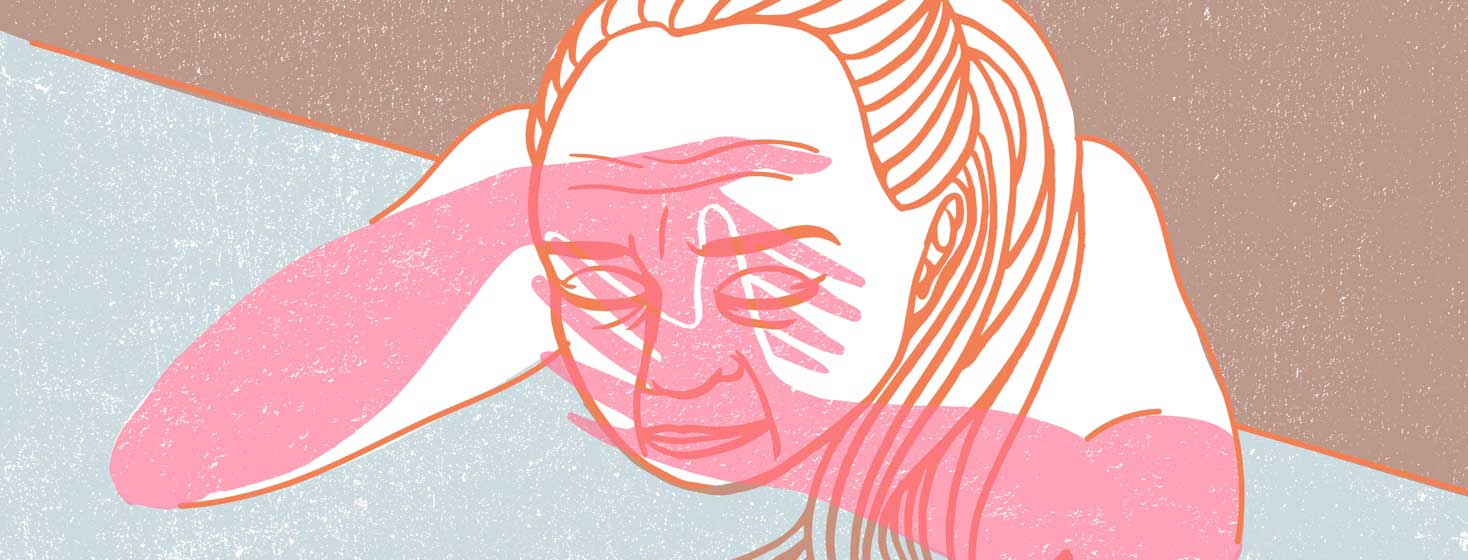Eczema Awareness Month 2025: Eczema Is More Than Just Skin Deep
Eczema Awareness Month offers an opportunity to look beyond the surface of this chronic skin condition and acknowledge the burden it places on individuals and their families. For those living with eczema, this condition is far more than "just a rash." It is often an exhausting, time-consuming struggle that can affect a person's emotional, mental, and physical well-being.
For Eczema Awareness Month this year, we’ve compiled some of the experiences shared within our community to bring awareness to the challenges faced by those navigating life with eczema to help show that it’s more than just itchy skin.
The invisible weight
The mental and emotional burden of eczema can be significant and can have an impact on a person's quality of life. Distress and anxiety often surround the condition, with people frequently getting nervous just thinking about the next flare. This continuous fear can stem from years of childhood trauma and worry associated with living with inflamed skin. People with eczema can often experience higher rates of stress, anxiety, and depression compared to their peers.1
Living with a highly visible chronic condition can be daunting. The condition itself can be a source of chronic stress, which, unfortunately, feeds into a vicious cycle: Stress can worsen inflammation and trigger flares, and the physical discomfort subsequently causes more stress. Furthermore, the emotional damage can manifest as deep-seated pain and anxiety when reflecting on past suffering. Community members have shared that the bullying, shame, and isolation they experienced have left "long-lasting marks" on their hearts and souls.1
Featured Forum
View all responsesThe physical reality of eczema
Physically, atopic dermatitis causes the skin to become red, scaly, weepy, and intensely itchy. This relentless, extreme itch is a driving factor that makes simple daily activities such as showering, sleeping, sitting, and walking challenging.1
One of the most profound physical tolls is the impact on sleep. Many people with eczema experience intense itching around inflamed areas, leading them to wake often during the night to scratch, resulting in a lack of quality sleep. This fatigue creates another vicious cycle. Children may struggle to focus at school, while adults may find their job performance affected, both of which amplify existing stress levels.1
This or That
Is your eczema keeping you up at night?
The chronic nature of the itch-scratch cycle often results in long-term physical changes to the skin. Excessive scratching over time can lead to lichenification, where the affected area thickens and becomes scaly and wrinkled. These hardened areas are much more difficult to treat and commonly affect joints like the elbows, knees, wrists, and neck, sometimes even appearing around the eyes.2
Stigma, social isolation, and daily burdens
Because eczema is visible, people who live with the skin condition frequently contend with judgment and misconceptions from others. Children with eczema may be teased or bullied. Community members recall being questioned about whether they were contagious. The scars left by flare-ups can be misunderstood; some people have been accused of suffering abuse or accident trauma when the truth was simply the physical manifestation of their skin disease.
Adults, too, face stigma, discrimination, and low self-esteem in social and professional settings. This self-consciousness, especially when the rash is visible on areas like the face or arms, often leads to social withdrawal. Many report feeling the need to conceal their flare-ups by wearing hats or glasses to avoid awkward stares, sometimes even canceling events due to insecurity and overwhelming depression. The feeling of being constantly on high alert for potential triggers, even when the skin is clear, further isolates those living with the condition.1
Featured Forum
View all responsesBeyond the emotional and physical symptoms, eczema creates a significant burden of time and money. Care often involves financial costs for treatments, time missed from work for appointments, and the necessity of making comprehensive lifestyle changes – from modifying diets to using specialized soaps and detergents. The pursuit of relief is often described as an "endless game of trial and error," leaving many feeling desperate and drained when established treatments fail to offer long-term efficacy.
Moving forward with self-acceptance
Living with eczema is challenging, and it requires immense strength and resilience. While this condition affects every aspect of life – socially, professionally, and privately – self-reflection and acceptance are powerful tools. By choosing to embrace imperfections and loving themselves, community members are finding paths toward clarity and tranquility, understanding that this unique journey is part of their identity.
Eczema is not just skin deep. By sharing these experiences, we recognize that no one manages this isolating condition alone.

Join the conversation